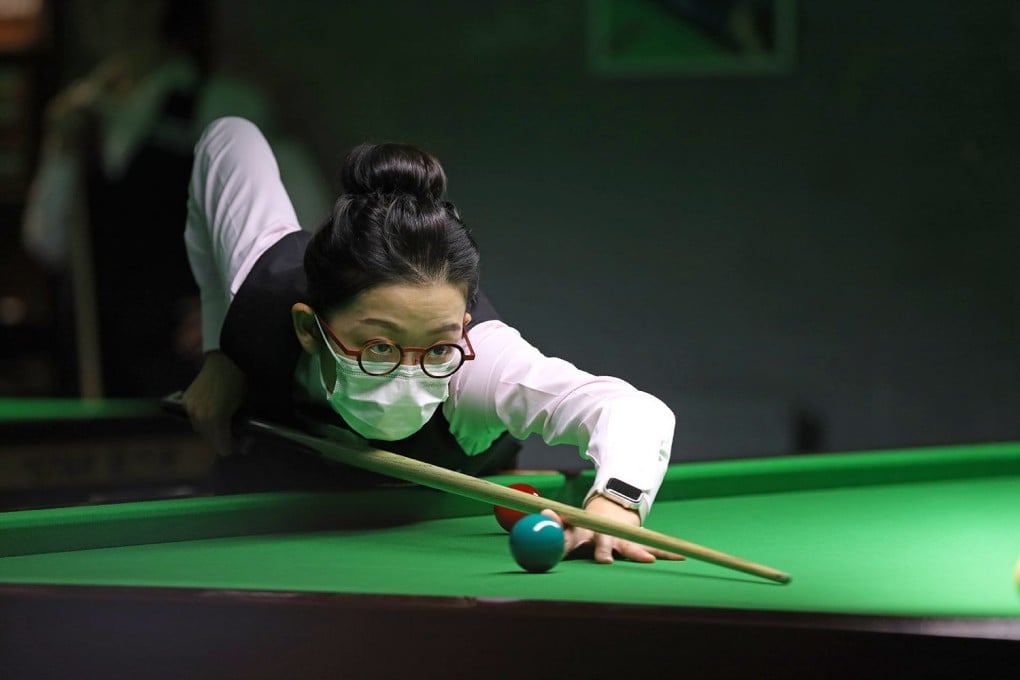Hong Kong Sports Institute delivers snooker ‘a huge blow’ as it cuts Tier A status and millions in funding and support
- Cue Sports (billiards and snooker) have been a Tier A sport with HKSI since 2009, but were dropped from the 2014 Asian Games in Incheon, and the 2018 Games in Jakarta
- Billiards is not currently included in the 2026 Asian Games in Nagoya, meaning it falls foul of the new criteria

The high-profile sport of billiards will be demoted to Tier B by the Hong Kong Sports Institute from April 2023, costing them not just millions of dollars in funding but also their occupancy at HKSI.
Sources have told the Post billiards is facing the chop because it did not meet the required funding criteria as an Asian Games sport.
“It is disappointing because we can’t work out why they’re doing this a year after it was announced that billiards will return to Doha Asian Games in 2030,” the source said.
Cue Sports (billiards and snooker) have been a Tier A sport with HKSI since 2009, but were dropped from the 2014 Asian Games in Incheon, and the 2018 in Jakarta.

Billiards and snooker were part of the Asian Games four times from 1998 to 2010, where Hong Kong snooker star Marco Fu Ka-chun led a haul of four gold, three silver, and three bronze medals.
According to the institute’s funding criteria, Asian Games status is a prerequisite and the sport must reach a 10-point benchmark through international success at junior and senior levels.